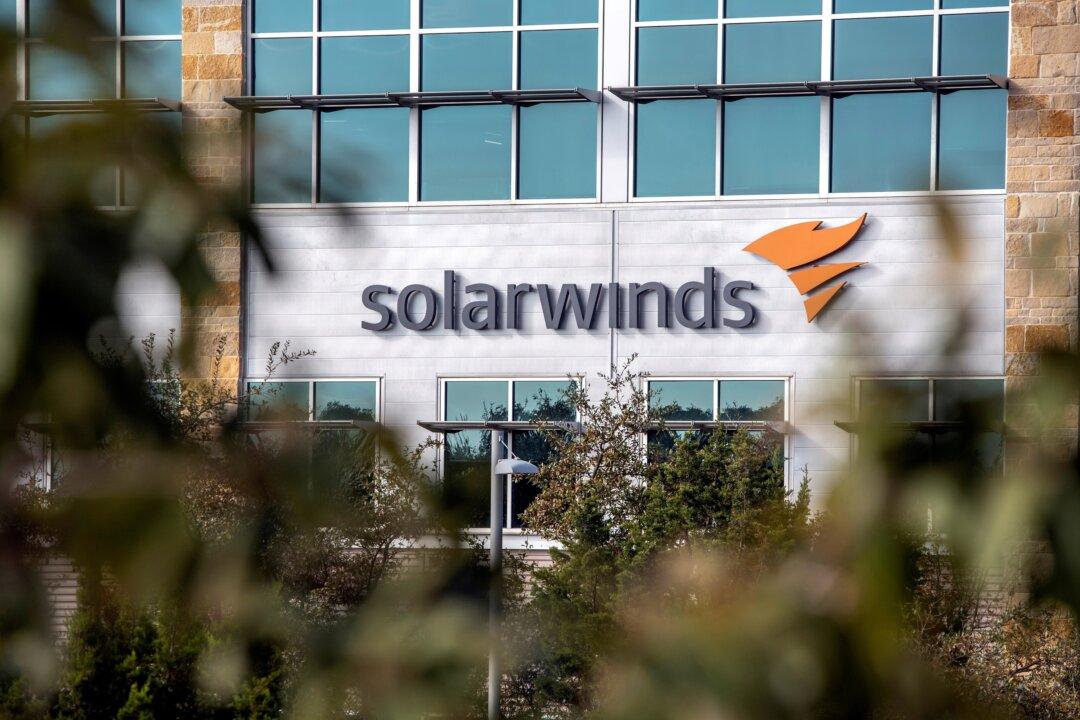The state of Michigan was using the software that was attacked through malicious code earlier this year, an official confirmed to The Epoch Times.
The SolarWinds Orion software was compromised through malware, or malicious code, which was able “to transfer files, execute files, profile the system, reboot the machine, and disable system services,” according to cybersecurity firm FireEye, which was among those whose systems were breached.





